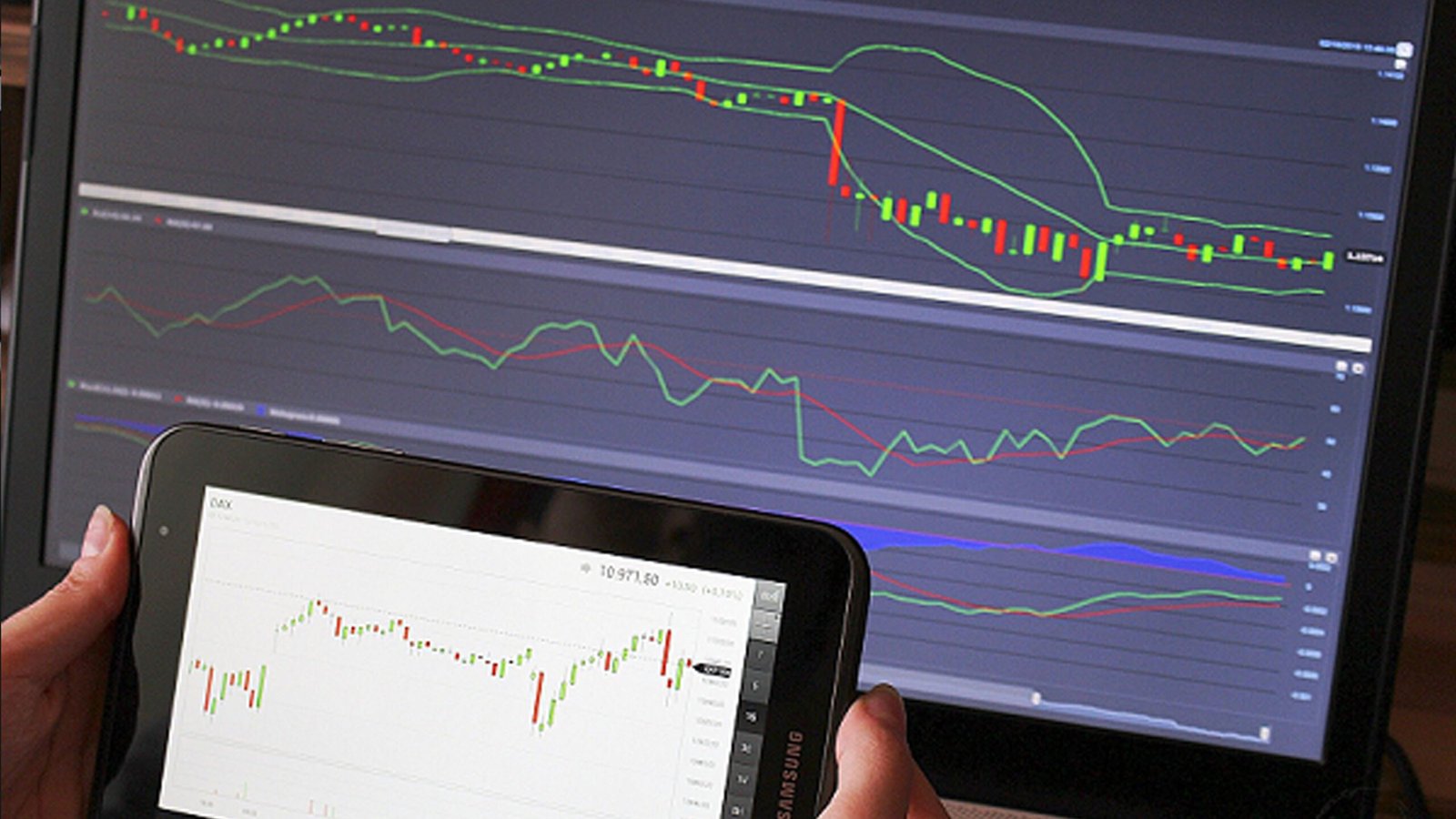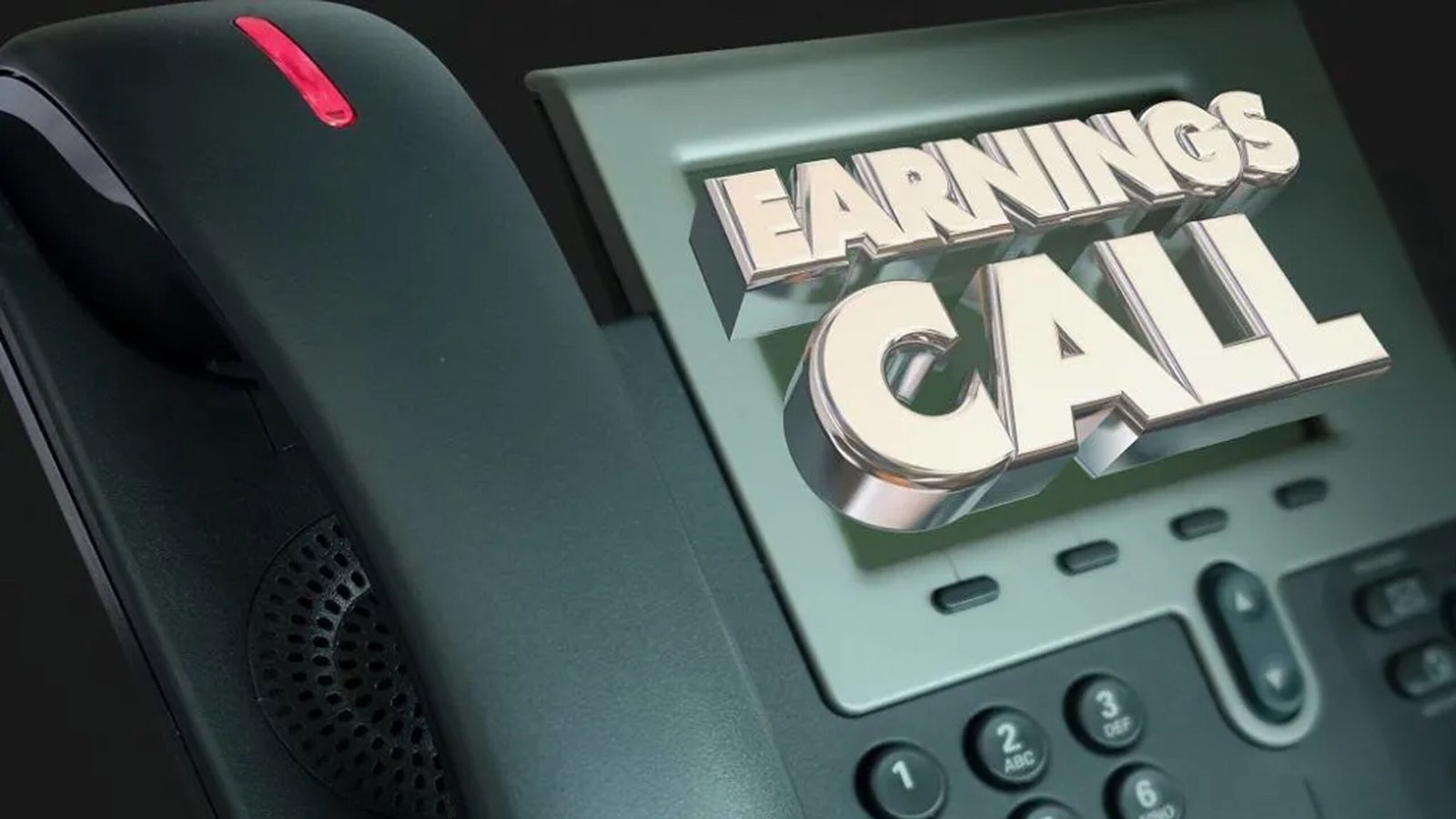Trading desk

TRADING DESK
A trading desk can be a physical location or department of a banking institution where securities such as stocks, commodities, currencies, etc., are bought and sold to perform its own or a client’s operations. in the financial markets. It is also known as the negotiating office.
Trading desks can be crucial for businesses as they offer expertise in analysing transaction costs, identifying counterparties and formulating favourable trading strategies. In return, these companies can charge their clients a commission for these trading activities and services.
In addition to facilitating profitable transactions, a trading desk also provides various useful services to clients such as structuring financial products, creating supporting documents and identifying trading opportunities for arbitrage.
Depending on the nature of the financial institution, the trades on the trading desk may be facilitated for their proprietary account or brokers who bring buyers and sellers together. Trading desks allow trades to be executed instantaneously, allowing for arbitrage opportunities as well as injecting liquidity into the market.
In a more conventional sense, the traders working in financial markets are often found on trading floors or trading rooms. Each trading floor is made up of many trading desks that specialize in a specific type of security or a particular market segment.
On a larger scale, all traders operate in a trading room, also known as the trading floor. This trading room usually houses multiple trading desks that share a vast open space. Every trading desk is occupied by traders that have a license to deal with a particular type of investment like equity, currencies, commodities, or bonds.
These licensed traders are selected based on their past performance. They use market makers and electronic trading mechanisms to identify the best possible strike prices for their clients.
Trading staff receive orders from clients and execute trades according to investors’ goals and objectives. In addition, the trading staff also receives all the necessary information from the seller responsible for recommending favourable advice on trading strategies.
Another use of trading desks includes the structuring of financial products and identifying arbitrage opportunities. For each trade order executed on the trading desk, the firm usually earns a commission from its clients. In other cases, broker-dealers may manage trading desks and act as counterparties to the investor’s trade.
The more the number of securities there exist in the market, the more traders can utilize different types of trading desks to make a profit.
Types of Trading Desks
The various types of trading desks that can be categorized based on the securities traded on said trading desks:

1. Equity Trading Desk
These trading desks manage and facilitate a wide range of trading, encompassing almost everything from equity derivatives to exotic options trading. The traders (sell-side) working at equity trading desks use the information research provided by analysts to suggest clients order specific favourable trades. Often, the equity sales trading desks are divided into those that facilitate trades for institutional clients and those that execute trades for hedge fund clients.
2. Fixed Income Trading Desks
Fixed-income securities generally refer to bonds that have a steady income stream, such as the US Treasury Bonds or corporate bonds. Fixed-income trading desks facilitate trades about these securities and also trade credit default swaps (CDS), a certain type of derivatives that can be used as insurance in the event of a bond default. Fixed-income trading desks can be further divided based on the riskiness of the bonds being traded.


3. Foreign Exchange (Forex) Trading Desks
It is very common for large investment banks to have forex trading offices because the forex market is the largest in the world. Traders who work in forex trading offices act as market makers and manage the trading of currency pairs. They can also participate in commercial activities. Traders at the forex trading desk generally work with spot foreign currency exchange rates.
4. Commodity Trading Desks
These trading desks mainly trade on commodities such as agricultural products, crude oil, gold, etc. The desks are further categorized into hard commodities and soft commodities. Here, commodity trading can be done by way of futures as well as spot trading.






